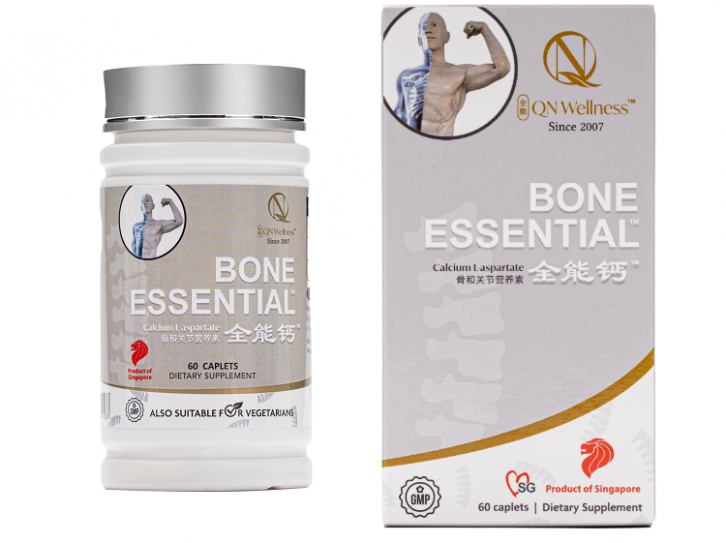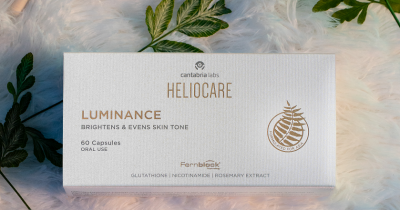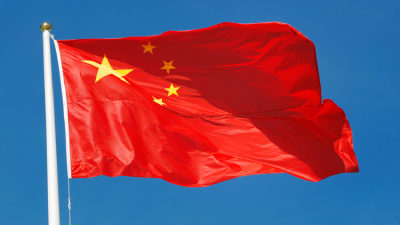Family focus: Singapore’s QN Wellness looks to enter healthy ageing market in Vietnam, China

The brand, established in 2007, is best known for its bone and joint health product known as Bone Essential. It currently sells 12 SKUs largely catered to ageing needs, such as cardiovascular and prostate health. Its newer SKUs include products for eye and liver care.
Speaking to NutraIngredients-Asia, Dave Ang, director at Q&N Pte Ltd, revealed the company’s plans in bringing the brand to new territories.
South East Asian countries, especially Vietnam, was highlighted as one of the markets of interest.
Part of the reason is because he sees potential in selling his products, including those for ageing, by appealing to the young adults.
“Although a lot of people say that my products are more for healthy ageing and question my plan in entering Vietnam which has more young adults, I will say that the Vietnamese are very family-oriented people.
“I noticed that they are very caring to their parents and grandparents, and this is why they are our target audience, because while the grandparents do not have the extra cash, the younger people have the spending power to purchase supplements for them.”
In fact, Vietnam is trailing Thailand and Singapore in terms of its proportion of population aged 65 and above.
Like its neighbour in Singapore, Vietnam is also battling low birth rate, and this has prompted the government to come out with a Population Strategy through 2030. The target is to keep national replacement fertility rate at 2.1 child births.
Elsewhere in China, Ang sees that the Chinese resonates with the brand’s plant-based positioning, where fruit and herb extracts are used in the formulations.
For instance, its bestseller Bone Essential is made of plant-based calcium L-aspartate. Derived from wild yam, the company claims that this could help transport calcium directly to the bone. The product also contains turmeric and aloe vera to support blood circulation, relieve discomfort and support calcium absorption respectively.
“China is a big market. Most of our products are from plant and fruit extracts or herbs, and so Chinese and Vietnamese consumers can relate to the products.”
“Also, Singapore’s products are also trusted for their quality and safety, which is also why potential China distributing partners are willing to work with us.”
Ever since its founding, the company has been manufacturing its supplements in Tianjin, China but has made the decision to move production to Singapore from September 2023.
In addition to expansion, the company is in the midst of formulating beauty-from-within products, including collagen and products for hair, skin, and nails products, as part of its plans to introducing more ‘trendy’ elements to its portfolio.
Singapore: Still more education needed
Back home in Singapore, Ang believes there is still room for new consumer education and outreach. For years, the brand had thrived on word-of-mouth recommendations.
“We have a good reach in Singapore. What we need to do more of, is to target the younger generation, people who are in their 40s, to buy supplements for their parents. They will also get old and can also start taking the products.”
QN Wellness products are currently stocked in over 400 retail stores, including pharmacy retail chains Watsons, Guardian, Unity, and Chinese medical halls which the brand has been working with since its early days.
“For many years, our products are only well-known among the older generation, the aunties and uncles.
“The customers have been loyal and what I need to do is to capture a new customer base and that's why I see the opportunity to educate people by telling them the benefits of plant-based versus synthetic supplements.”
He said that some benefits of plant-based products include better absorption, although he also acknowledged that certain vitamins would need to come from synthetics.
While market competition is intense in Singapore, he believes that the brand’s uniqueness lies in its full-ranged, plant-based supplements.
In the past three years, the company had seen a yoy growth of 10 per cent.


















